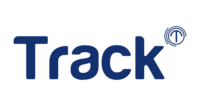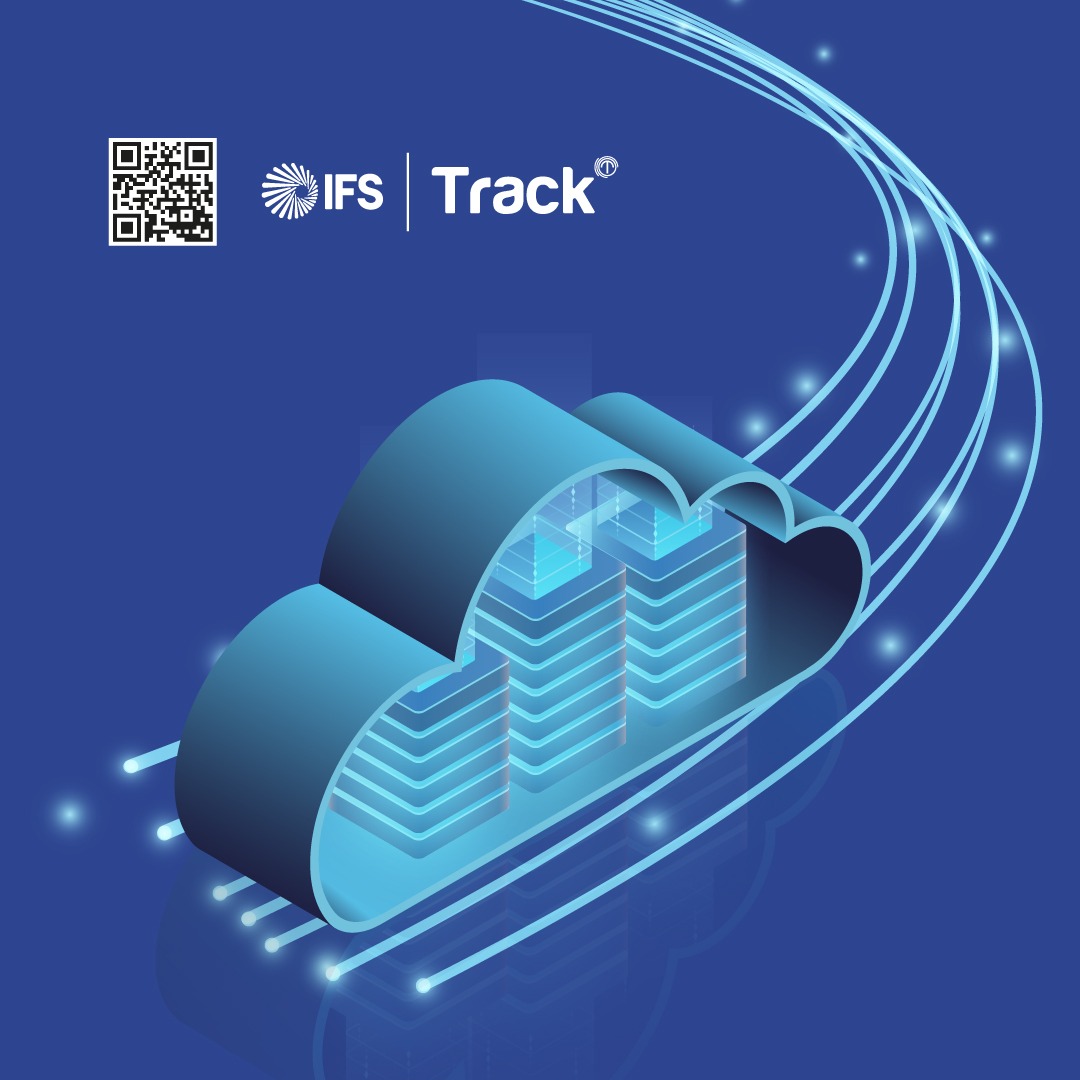- Define organizational learning
- Collect relevant data
- Share data across teams
- Learn from data
- Act on data
- Foster a data-driven culture
1. Define organizational learning
Organizational learning is the process of acquiring, sharing, and applying knowledge within an organization to achieve its goals. It involves creating and updating mental models, routines, and norms that guide behavior and decision-making. Organizational learning can enhance the adaptability, efficiency, and creativity of an organization, as well as its competitive advantage.
2. Collect relevant data
To support organizational learning, you need to collect data that is relevant to your objectives, challenges, and opportunities. This means defining clear and measurable indicators of success, such as key performance indicators (KPIs), customer satisfaction, employee engagement, and innovation metrics. You also need to ensure that your data sources are reliable, valid, and timely, and that you use appropriate methods and tools to gather, store, and analyze data.
3. Share data across teams
Data is only useful if it is shared across teams and departments, so that everyone can access and benefit from it. Sharing data can foster a culture of learning by encouraging transparency, accountability, and feedback. It can also promote collaboration and cross-functional learning, as teams can exchange ideas, best practices, and lessons learned from data. To share data effectively, you need to establish common platforms, standards, and protocols for data communication and visualization.
4. Learn from data
Data can help you learn from your past and present performance, as well as from external trends and benchmarks. By analyzing data, you can identify patterns, trends, gaps, and anomalies that can reveal strengths, weaknesses, opportunities, and threats. You can also use data to test hypotheses, experiment with new solutions, and evaluate outcomes. Learning from data can help you improve your processes, products, and services, as well as your strategies and goals.
5. Act on data
Learning from data is not enough; you also need to act on data to implement changes and improvements. Acting on data means translating insights into actions, such as modifying policies, procedures, or behaviors, launching new initiatives or projects, or scaling up or discontinuing existing ones. Acting on data also means monitoring and measuring the impact of your actions, and adjusting them as needed based on feedback and results.
6. Foster a data-driven culture
To make data a key driver of organizational learning, you need to foster a data-driven culture within your organization. A data-driven culture is one that values data as a strategic asset, encourages data literacy and curiosity, and supports data-informed decision-making and innovation. To foster a data-driven culture, you need to align your vision, mission, and values with data, provide adequate resources and incentives for data use, and celebrate data achievements and learnings.
SOURCE: https://www.linkedin.com/advice/1/how-can-data-improve-organizational-learning-4ywje

